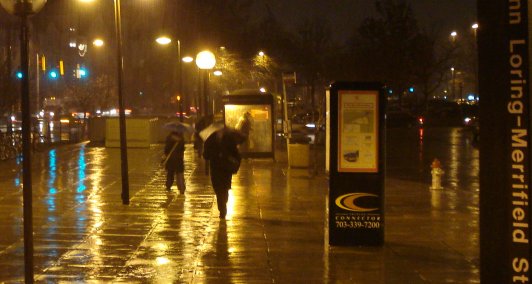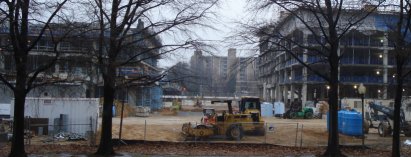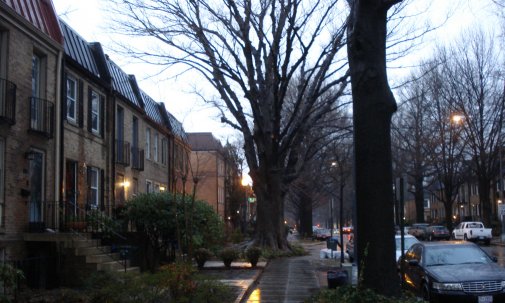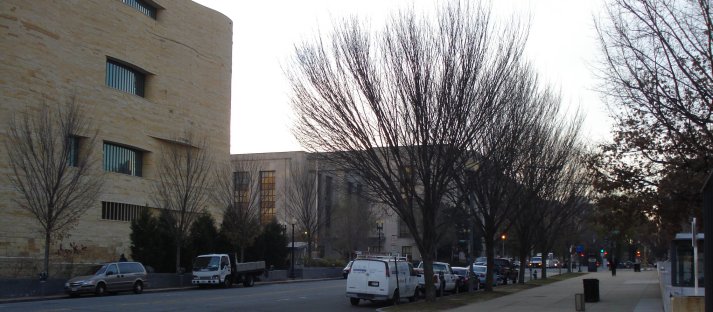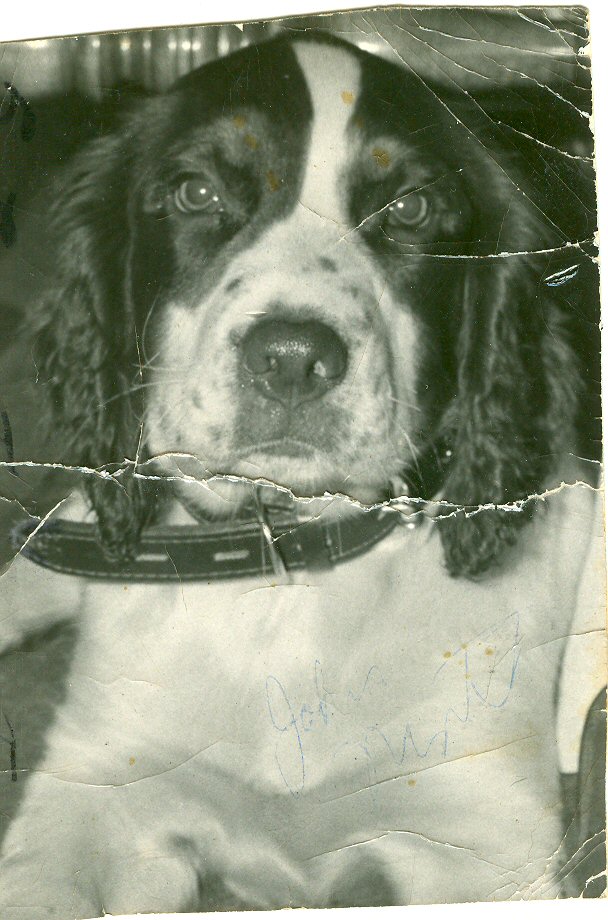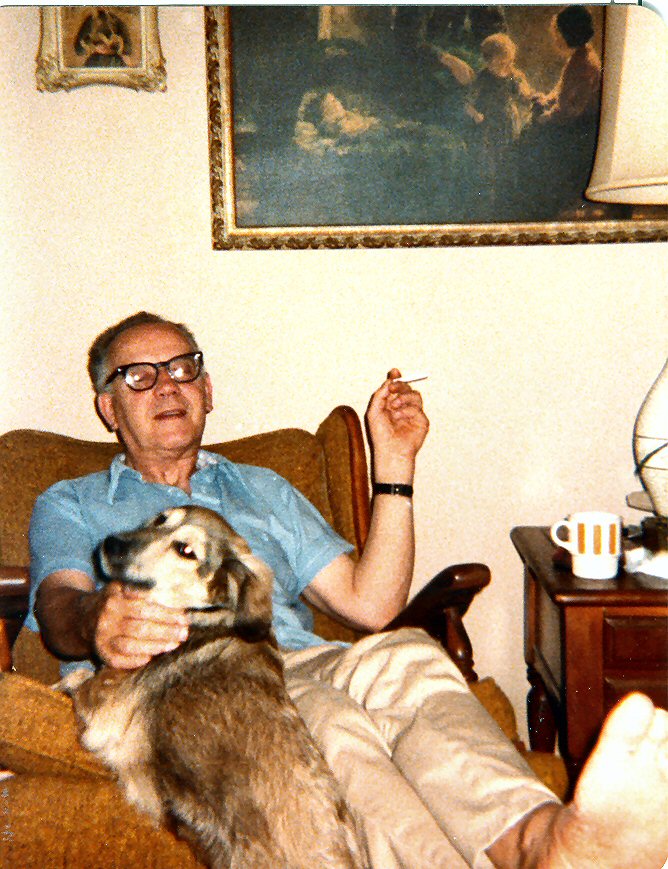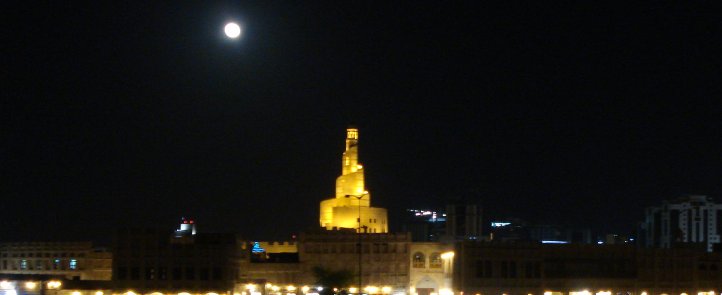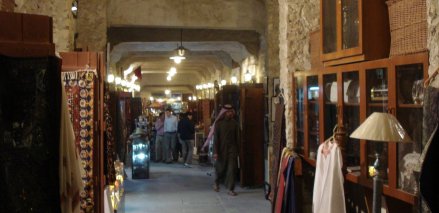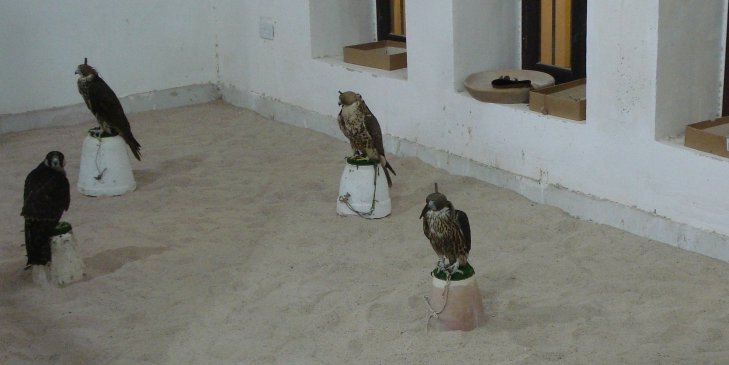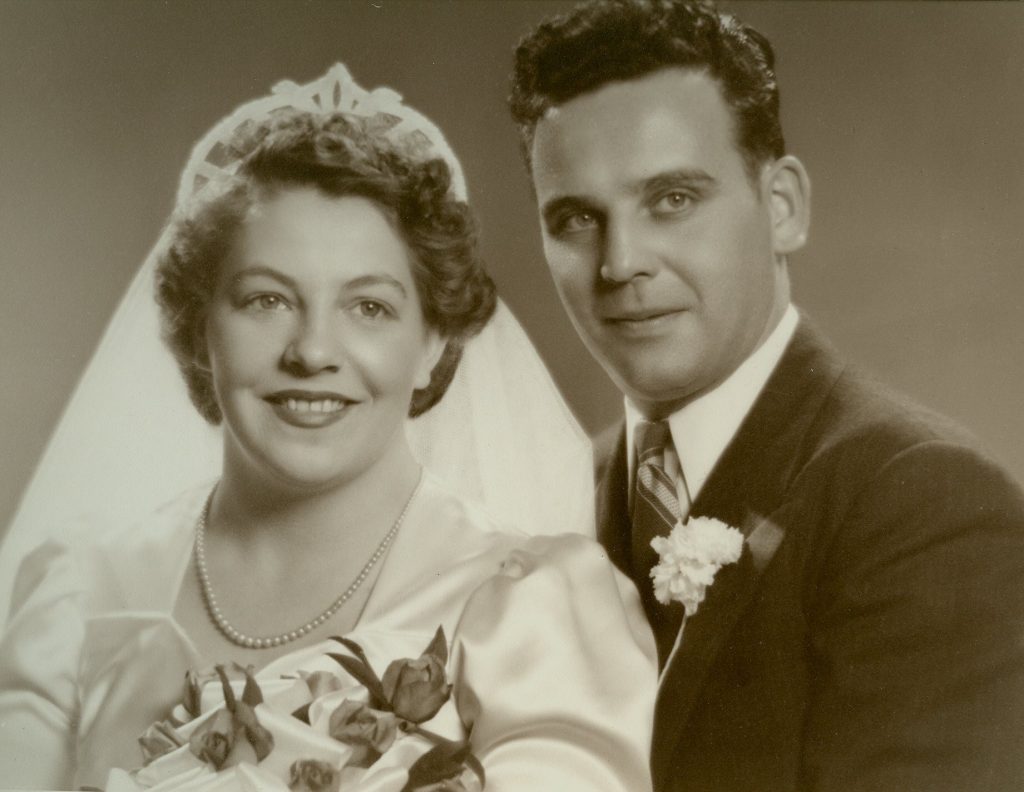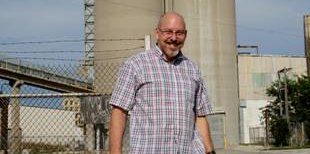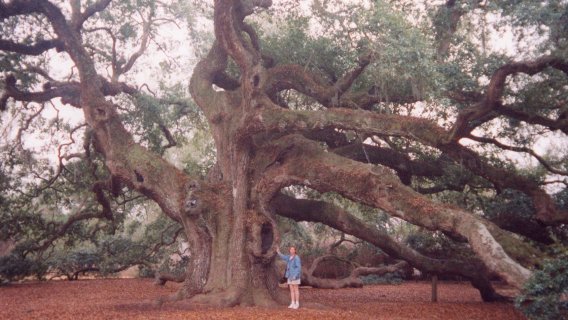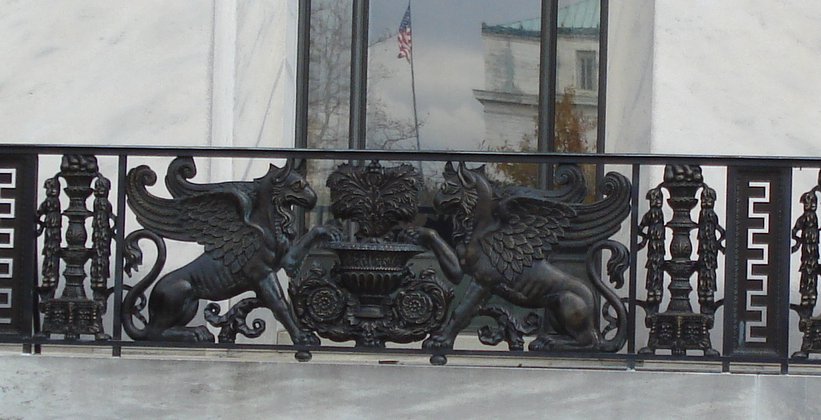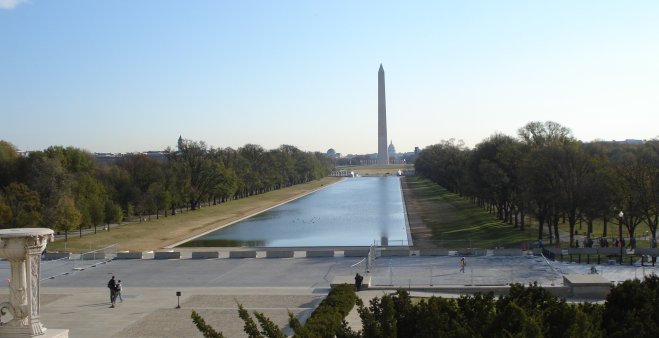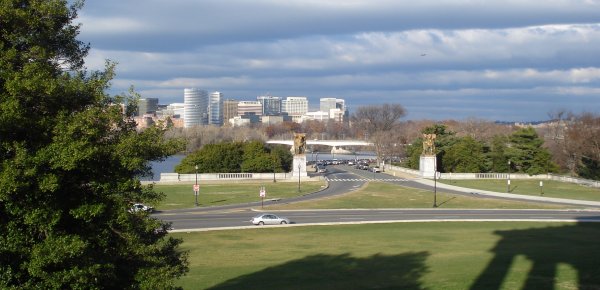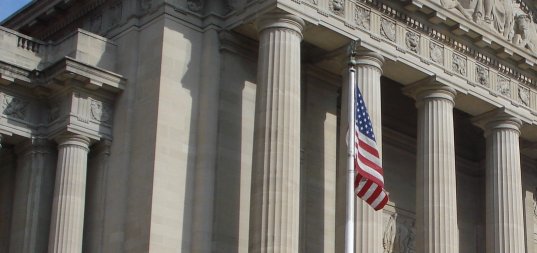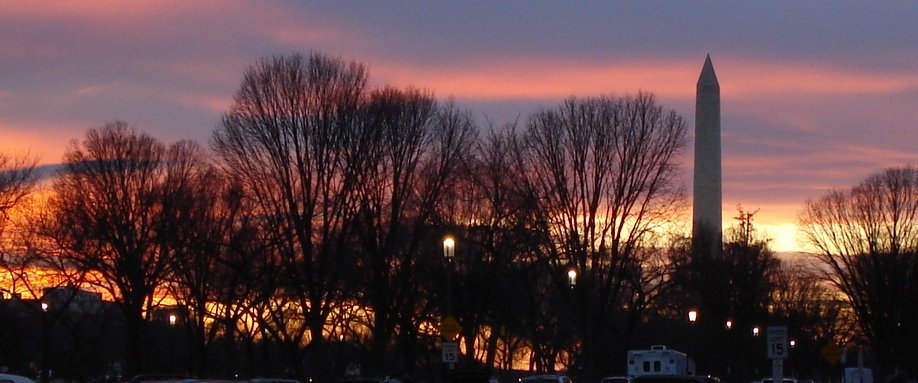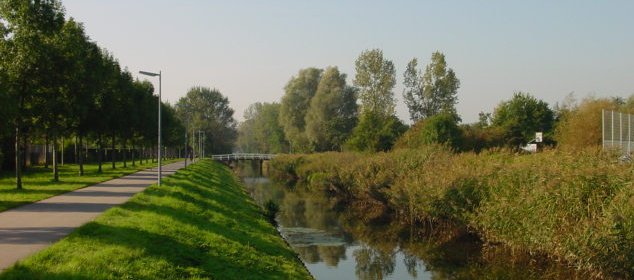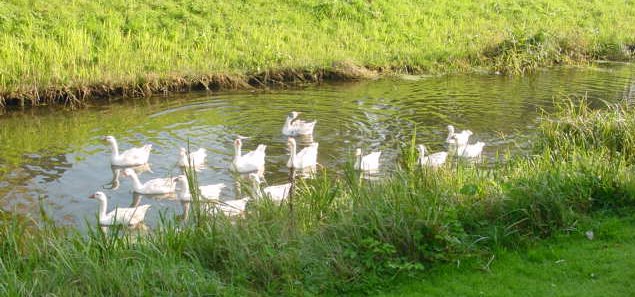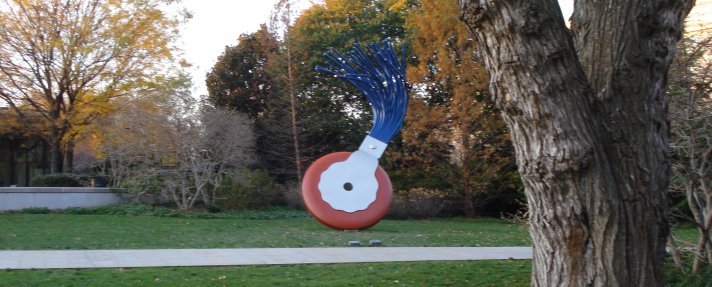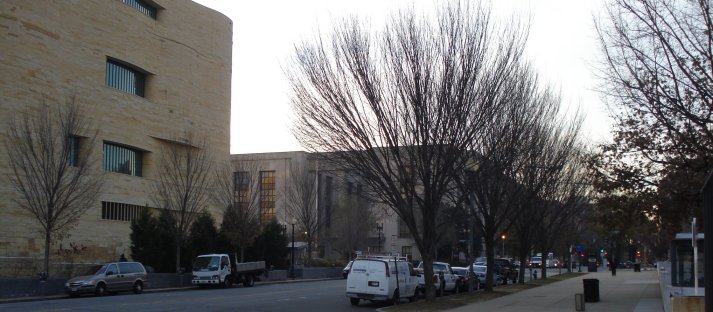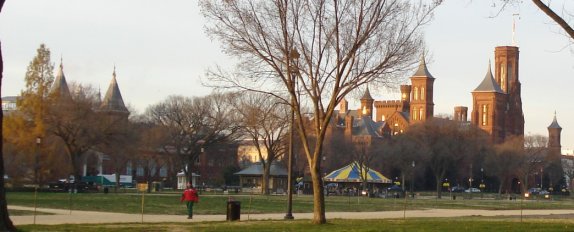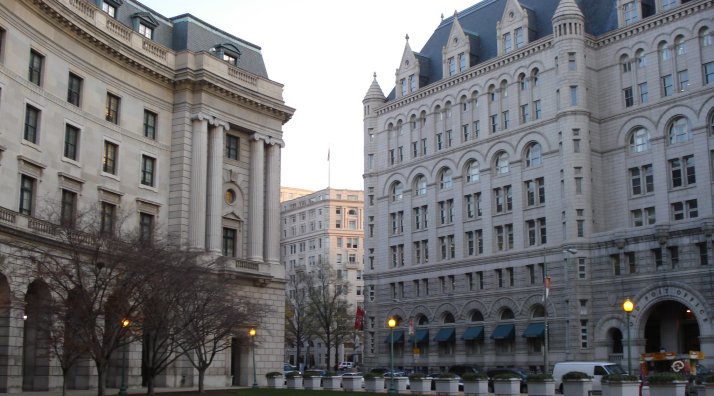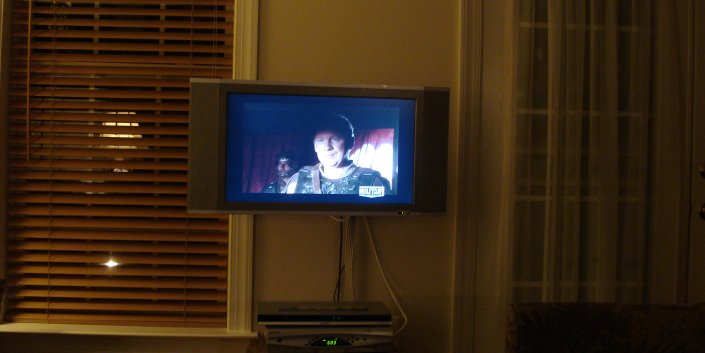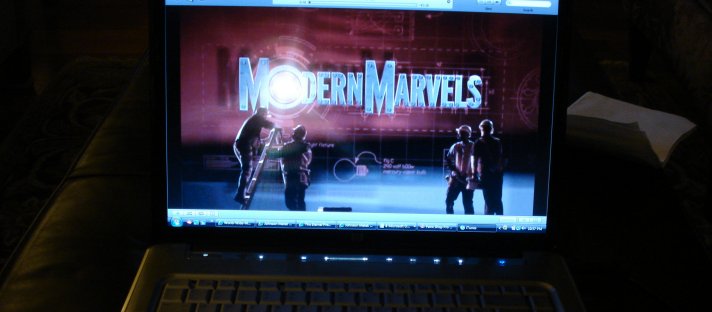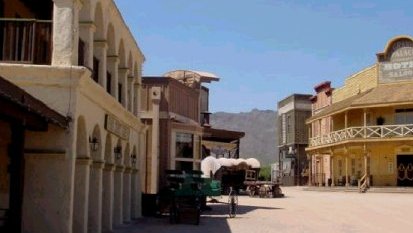Another post out of chronological order.
Flying
I dreaded the flight to Doha. When I got to the ticket counter, they couldn’t find my reservation. I had a momentary feeling of guilt mixed with relief that I could avoid the trip. It would not really have helped, however, I would just have to go the next day and meanwhile it would have been a lot of trouble. They found my reservation, but not my seat so I got an exit row with a lot of leg room. Sometimes it pays to be oppressed and forgotten. I got better than I expected.
I was listening to an audio book re expectations. People enjoy more things that are more expensive or harder to get. The placebo effect works because of expectations. People get real fake drugs because they think they will. And they get better relief from more expensive placebos because they perceive higher quality. You get what you pay for. Maybe it will never be possible to get really cheap drugs because people may get the relief they expect and they expect less when things cost less.
The mind makes it so. I was telling Chrissy re conditions in Iraq. As I described the sand, snakes, scorpions, heat, hardness, fumes, bouncing and hazards, I realized how objectively it was horrible. But it was not that bad. All these bad things were balanced by the sense of purpose, friendship, the experience and the fact that I chose to do it. The interesting distinction is that the hard parts are all objective. It is hot, or not, sandy or not etc. The things that mitigate it are all subjective. Within broad bounds, the actual physical experience is a lot less important than how you chose to react.
Doha 1: Arabs Like America (When They Actually Experience It)
I talked to a young guy called Josef on the plane. He is native to these parts but currently attending Virginia Commonwealth University in Richmond. He confirmed some of what I heard about Doha. He proudly told me that the natives all get things like free health care and scholarships. Many attend university in foreign countries as he did. They get this with the added benefit of not paying taxes. All this largess is made possible by the hydrocarbons created by plants and animals in the days of the dinosaurs and before. Talk about the luck of the draw.
I am glad, BTW, that he brings some of this Doha money to Virginia paying out-of-state tuition. It is still a good deal. Education is a big deal of us in the U.S. Last year we had more foreign students than ever in the U.S. and the U.S. hosts more foreign students than any other country. We had a little dip after 9/11, because of visa problems etc. but we made up for it.
Josef told me that he loved America. Since he started the conversation and seemed so enthusiastic, I will accept that he didn’t say that only for my benefit. Personal experience trumps the statistical study and he said that Americans all over our country (he travelled a lot) were nice to him and welcoming. Now if we could just get all those other billion people to have a similar experience with real America, we wouldn’t have an image problem.
Doha 2: Caste Systems
It is an odd mix. All the stewardesses (there seem to have been no men) on Qatar Airlines are Asian. I think they were Indonesian. All the people doing construction looked like South Asians and there people from the Philippines crowded the airport on their way to work as domestic laborers. The population of native Doha people is small and they don’t seem to take part in the everyday work of the country.
It is not so strange that immigrants do the less attractive jobs in a country as rich as this, but it is odd, IMO, how there seems to be such complete national specialization. I understand that my observations are limited and I should not extrapolate to the general condition from the small sample I have seen, but I have never seen anything like it. It is all very neat. I don’t know if it results from a plan or is just self organizing and auto correlated. Both things must be at work.
I thought re alternative histories. What if WWI had not sapped the power of the British and they had held onto their empire for a longer time. Given the general trends, it probably would have developed into something more integrated and you may well have others from the empire making their way up the social and political latter. It happened in the Roman Empire, as full citizenship was extended until it encompassed the entire empire, so much so that people from the Byzantine Empire in Asia Minor, speaking Greek still called themselves Roman a thousand years after the German barbarians kicked out the last emperor in Rome itself.
Anyway, in the age of imperialism, a place like Qatar or the oil rich and easily defended deserts of Arabia would be controlled by some imperial power. I figure the Brits would have it, but given the evolution mentioned above, it might be actually run by Indians, citizens of a British Empire with an increasingly Indian accent. That integration of Arabia with South Asia may yet happen. If they keep on coming, there will be more of them than the ostensible natives.
